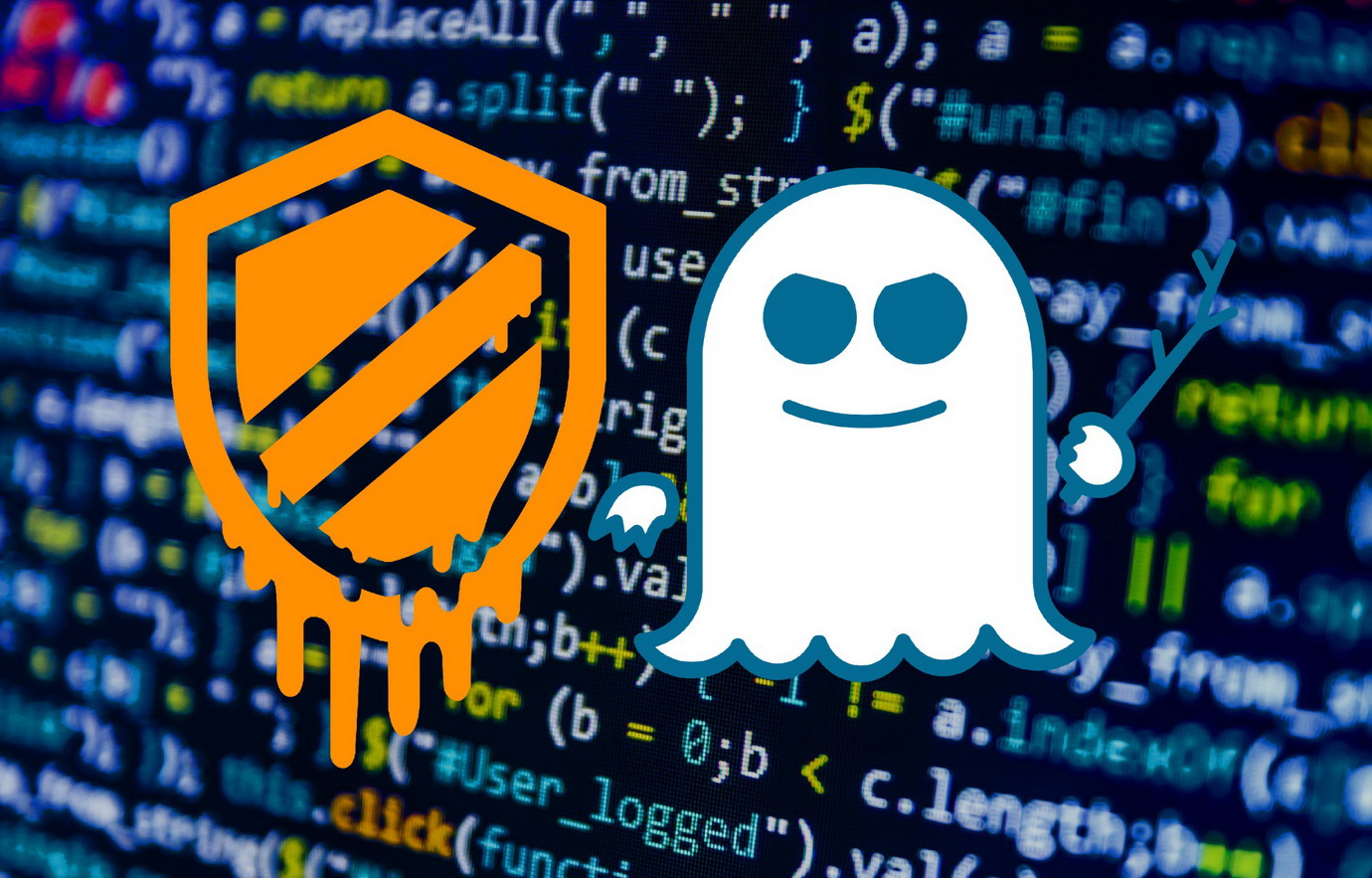New hCaptcha bypass method may not affect Cloudflare’s security
In March 2021, researchers at the University of Louisiana at Lafayette presented…
Google experts published PoC exploit for Specter that is targeting browsers
Google engineers published a PoC exploit to demonstrate the effectiveness of using…
In 2020, Google paid cybersecurity experts $6.7 million
During the year, Google paid out 6.7 million to cybersecurity experts and…
Google says that a quarter of all 0-day vulnerabilities are new variations of old problems
Google analysts studied the 0-day vulnerabilities they discovered in 2020, and concluded…
Google experts exposed sophisticated hacking campaign against Windows and Android users
Google published a large report detailing how they exposed a sophisticated hacking…
Apple, Google, Microsoft and Mozilla block MitM certificate of the Kazakhstan government
In early December, Kazakhstan authorities for the third time attempted to intercept…
Heavy ad blocker started working in the Google Chrome
Earlier this year, Google Chrome developers announced about adding of a so-called…
Hackers hide MageCart skimmers in social media buttons
Sanguine Security analysts discovered that hackers are using steganography and hiding MageCart…
Cybercriminals started using Google services more often in phishing campaigns
Security researchers have reported an increase in cyberattacks using Google services in…
Google Chrome fixed second 0-day vulnerability in two weeks
Google developers have released Chrome version 86.0.4240.183 for Windows, Mac and Linux,…
Gridinsoft becomes Google’s information security partner
Gridinsoft LLC is proud to be one of 68 partners of VirusTotal,…
Google engineers fixed Chrome 0-day vulnerability that was already under attacks
Google engineers have released an updated version of Google Chrome (86.0.4240.111) and…













